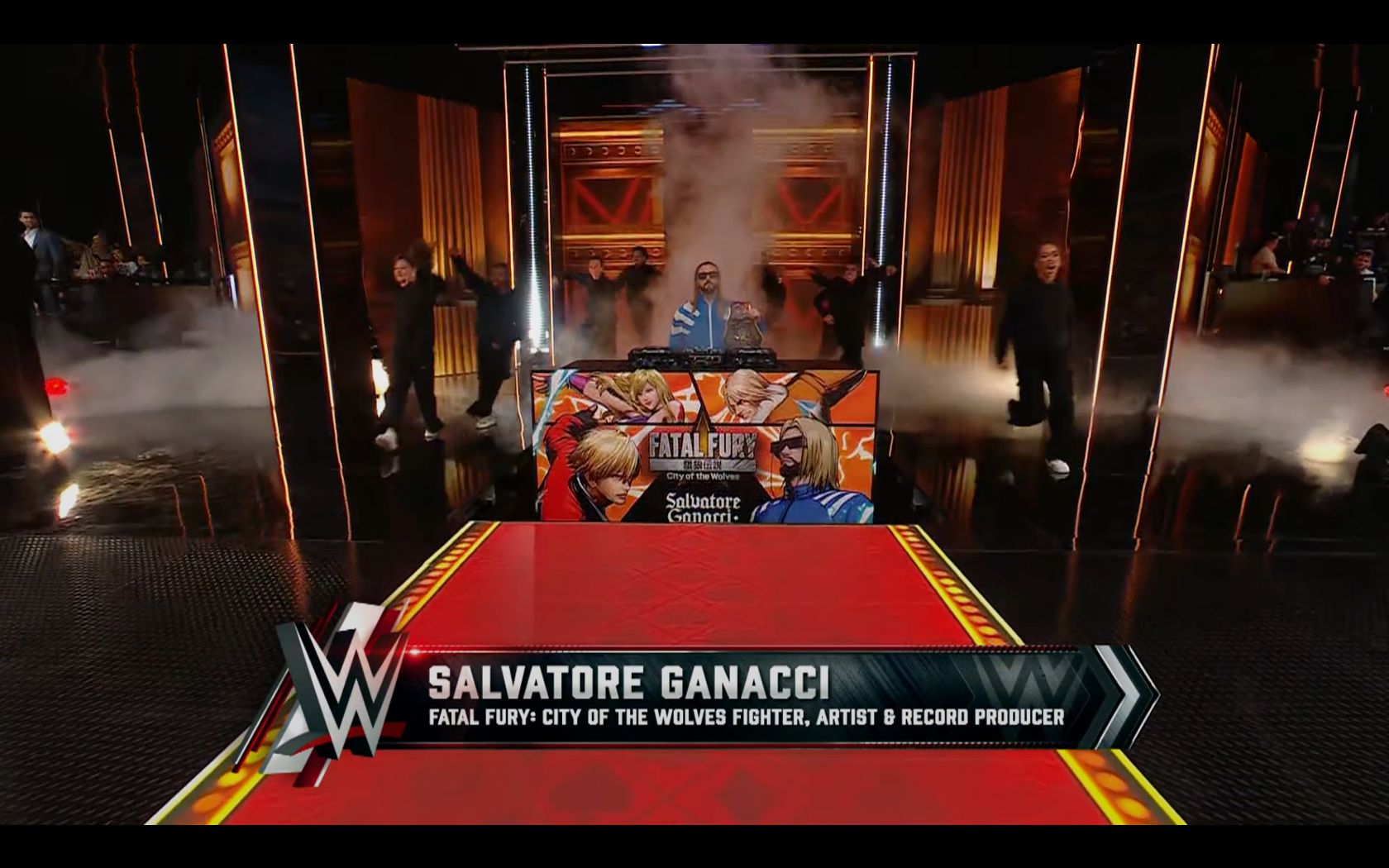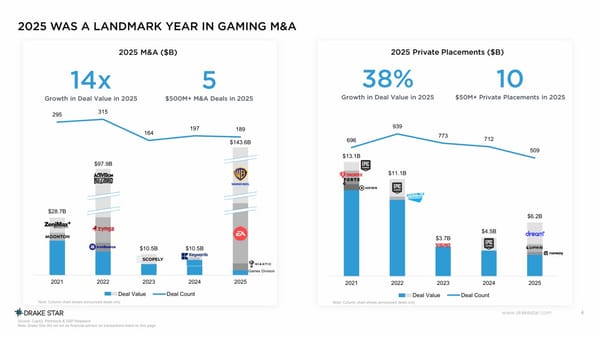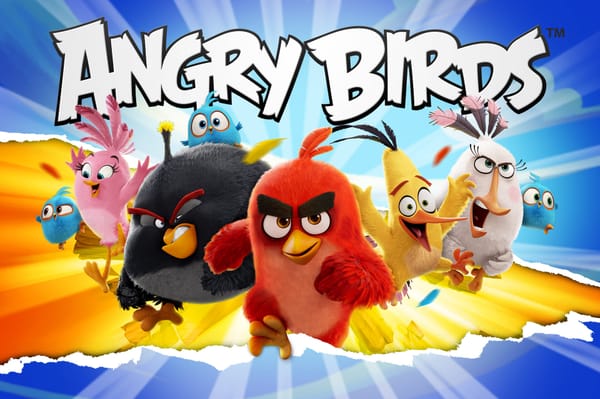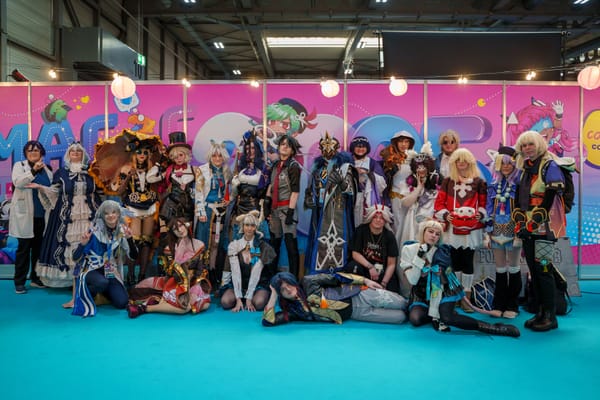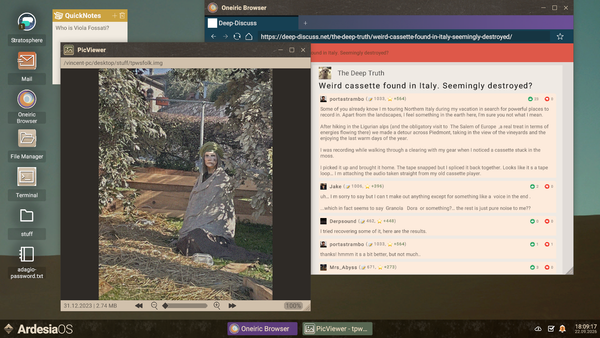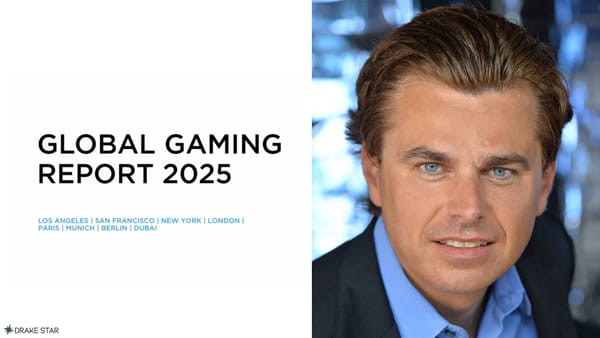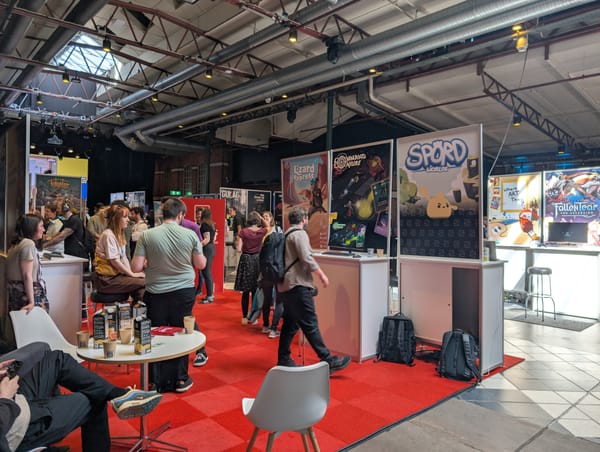The State Connection Behind WrestleMania 41s Biggest Gaming Ad



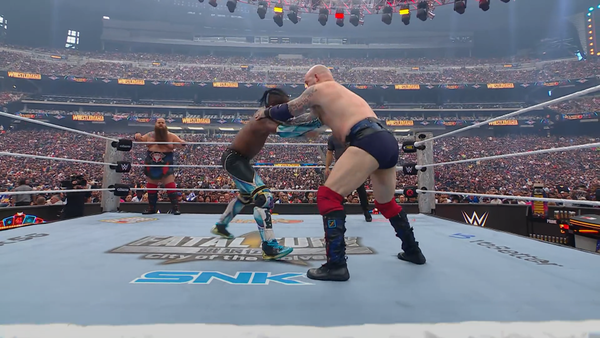
Saudi Arabia's has been criticised for sportswashing efforts in esports before. But the monarchy is using its integrated gaming and esports ventures to lever influence in other entertainment branches as well, as recently seen at the biggest wrestling event of the world. A guest article by Pascal Wagner.
On Easter weekend 2025, the biggest event for wrestling fans and the world’s biggest wrestling company WWE (World Wrestling Entertainment) ruled Las Vegas. WrestleMania 41 is the wrestling SuperBowl, and just like at the football cup, advertisements play a big part of the event. Every match is sponsored by a company, and they in turn are prominently featured in trailers between matches, with their logos around the ring and even on the ring mat.
In recent years, gaming has taken a more and more prominent place in these live ads. Not just because WWE has their own series of annual games together with video game publisher Take-Two in the form of the WWE 2K series, but also since game publishers have realised the reach of WWE’s biggest events into their own target groups. Bethesda has, for example, premiered a brand new trailer for their upcoming first person shooter Doom: The Dark Ages at WrestleMania 41.
Another game has, however, portrayed a much deeper connection to the WWE at WrestleMania. And it’s emblematic for the rising influence of autocratic actors not just at WWE, but in the entertainment sector as a whole, including and especially centered around games.
The biggest advertising slot of the event, in the form of the most massive logo in the room right in the middle of the mat, prominently filmed during all times when the wrestlers show their moves, was SNK's Fatal Fury: City of the Wolves. The upcoming title is a fighting game, a one versus one multiplayer title aimed at pro players and esports communities. The ads didn’t stop at the mat placement and the obligatory trailer showing; instead, there was a whole expanded universe integrated into WrestleMania and even into the events before the big show, known as the Road to WrestleMania events.
Starting off WrestleMania saturday (the first of two four hour shows over two days) was a music number. Traditionally, this place is taken by a US-famous singer performing the US national anthem. This year however, the act seemed a bit more internationally palatable, at least at first glance.
Performing a song and dance number was Salvatore Ganacci, a Swedish-Bosnian DJ. A name unbeknownst to most viewers, assumingly, since Ganacci reaches just over 600,000 monthly listeners on Spotify and has just over 400,000 Instagram followers. These numbers are extraordinarily meager for a WrestleMania opening act, if we take a look at other musicians that have featured in the role at other WWE events. Take Jelly Roll for example, a rapper that has composed the title song for one of WWE's other events and had a guest appearance at this year's WrestleMania. He's reaching 4.1 million Instagram followers and just under 18 million monthly users on Spotify. Or Travis Scott, who debuted at this year’s WrestleMania as well: The rapper has almost 60 million Instagram followers and more than 66 million monthly listeners. How then, has a 'small fry' like Ganacci gotten the prestigious opening gig?
The answer becomes obvious with a look at one prolific guest in the audience, as well as connecting him with SNK and WWE's increasing business ventures in Saudi Arabia. Sitting in the first row and lauded by the announcers during the first minutes of the show was Turki bin Abdul Mohsen Al-Sheikh, diplomat and representative of the autocratic monarchy of Saudi Arabia. A monarchy spearheaded by Crown Prince and Prime Minister Mohammed bin Salman, open fighting game super fan, and holder of 96 per cent of a certain fighting game company called SNK through his own Mohammed bin Salman (MiSK) Foundation. The very same company that bought the most prominent ad space of WrestleMania 41.
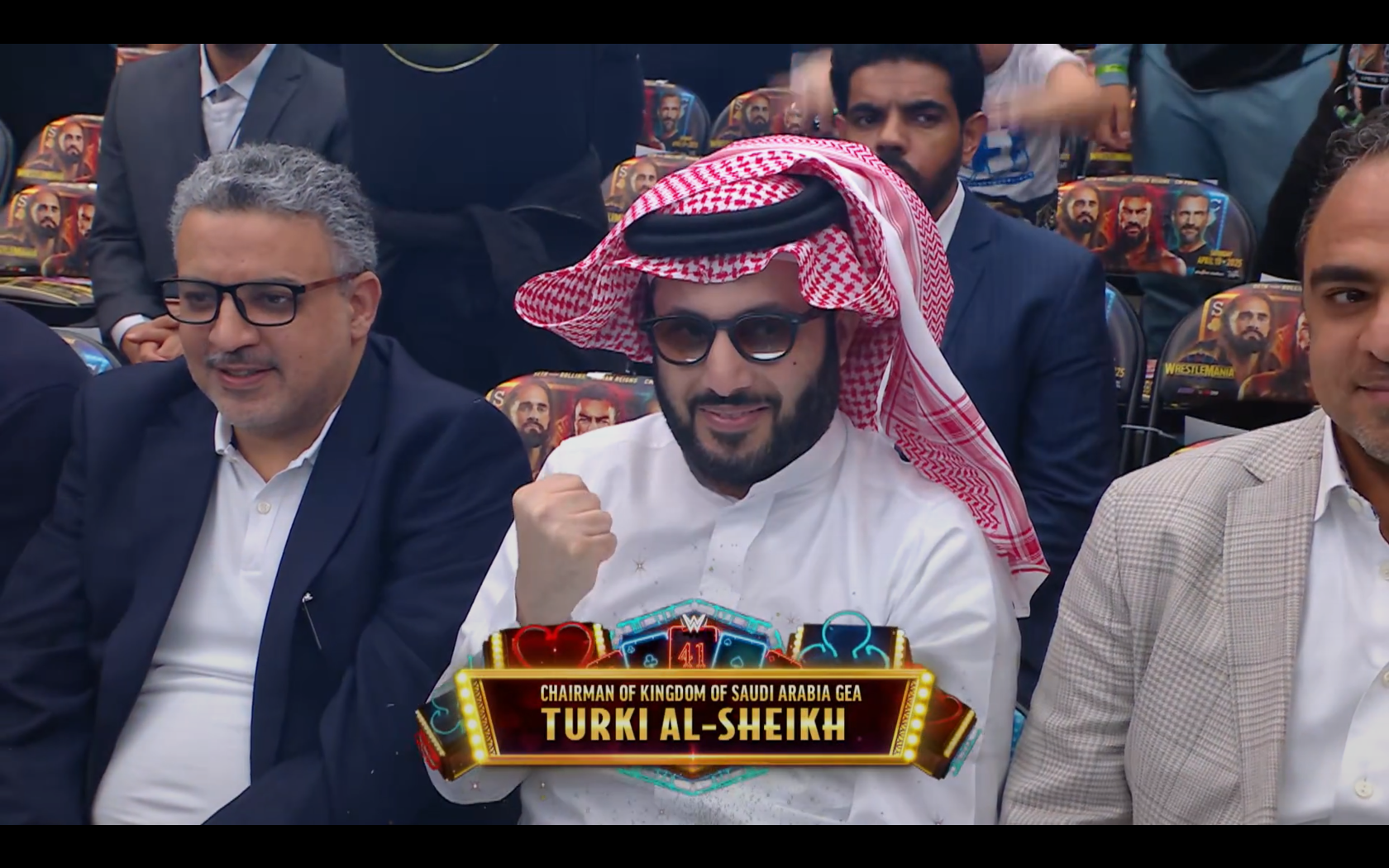
WWE in turn has begun intensive cooperations with Saudi Arabia in recent years, with at least one yearly premium live event show per year since 2019, and the theme park WWE Experience since 2023. Incidentally, both are hosted in the Saudi capital Riyadh, itself a big sponsor of WWE and prominently featured on the mat during Elimination Chamber 2025 for example, the last big premium live event before WrestleMania. Riyadh is also home to the Esports World Cup since its inception 2024, a new tournament by one of the biggest and most veteran esports companies in the world, ESL Faceit – which is, incidentally, completely owned by the state of Saudi Arabia through their Public Investment Fund and it’s gaming investment daughter, Savvy Games Group. Remember at this point that the state basically owns SNK through MiSK Foundation. It was therefore a safe bet to say that Fatal Fury will be part of the next Esports World Cup, whether the fighting game community really embraces the game or not. And indeed, the World Cup just recently announced Fatal Fury in the line-up.
But what does this have to do with kind-of famous DJ Salvatare Ganacci? The fact that two instances connect him to the Saudi monarchy, andand and now to WWE: An astonishing appearance as a playable guest character in SNK's Fatal Fury: City of the Wolves, for once. And a personal friendship to Crown Prince and Prime Minister Mohammed bin Salman of Saudi Arabia. The latter probably explaining the former, with the same reasoning as those around his WWE appearance. He might not be famous enough to draw crowds to the game or the wrestling promotion respectively, but if the head of the majority owner of the game company and WWE's presumably most important business partner wills it so, his personal favourite DJ will be included. And that brings not only Ganacci to the opening stage of the biggest wrestling show of the world, but also the logo of one an upcoming fighting game with one of the strangest launch campaigns onto the wrestling mat. Saudi Arabia is using entertainment on the big stage to launder its reputation from massive human rights violations, which Amnesty International regularly describes in its reports. Their vast oil profits allow them to invest in recreation industries from sports and sports entertainment to gaming and esports.
These efforts are already announced to become even stronger in the future: While the Saudi WWE events up until this year have been optional side shows, the Royal Rumble, one of the biggest and most important events in the wrestling canon and the internal storylines of the WWE, will be held in Riyadh come 2026. The efforts in entertainment of the different Saudi Arabian state funds and organisations will surely get bigger and bigger in the future.
